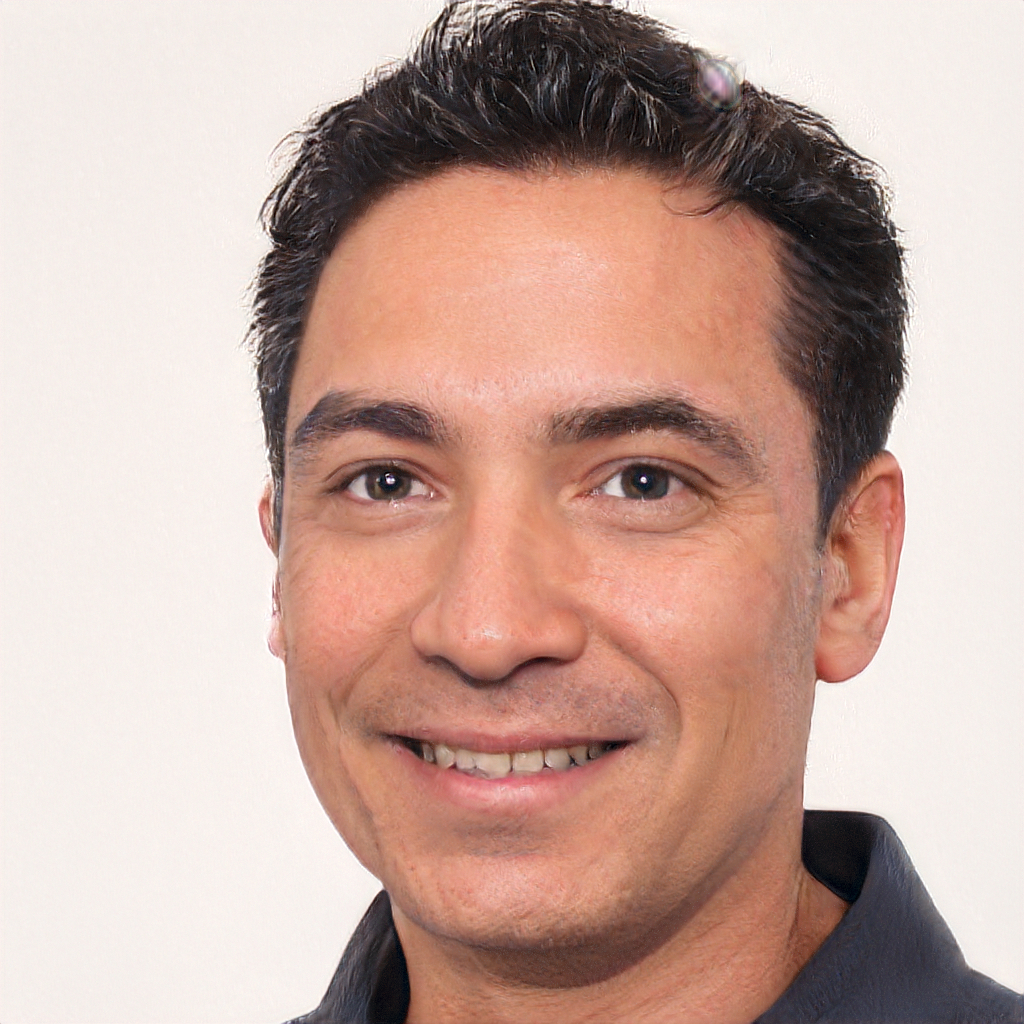German company strengthens Ethiopia’s economy
Making the world a little bit better – this is still the mission of some entrepreneurs today. They are looking for opportunities to give untapped areas a perspective, far away from the prosperity of Europe, Southeast Asia or the country of 1000 opportunities, the USA. This desire drives companies such as Eugen Schmitt GmbH to places that are not initially thought of in this context – Ethiopia, for example.
What many do not know: Ethiopia is one of the fastest growing business locations in the world – and in Africa anyway. In 2015, for example, the East African country had the highest economic growth rate worldwide at 10.2 percent. In 2018, growth was around 8.6 percent – by far the best figure in Africa.
Eugen Schmitt GmbH uses waste from local sugar factories
Ethiopia is the country with a large number of sugar cane factories. Besides numerous hydroelectric power plants, the African country also has many wind farms, geothermal power plants, solar parks and fossil fuel power plants.
Schmitt was particularly interested in running sugar factories for the production of ethanol. Their waste is used to produce ethanol, production steam, electricity from combined heat and power (CHP), CO2 and fermentation residue as fertiliser for the surrounding fields.
The German company Eugen Schmitt GmbH had already built distillery and distillation plants worldwide before and saw the potential for more in 2014 in this resource-rich country. Currently there are such plants in Adama, Metehara, Fincha and Asaita. Plants in Amibara and Kuraz are currently in test operation, with two more plants in Kuraz already being planned.
The Ethiopian Sugar Corporation operates seven factories and three development projects, generating significant amounts of molasses as a waste product. Until this year, the sugar factory in Wonju-Shoa, for example, produced large quantities of molasses, most of which had to be disposed of without being used. This caused considerable problems both environmentally and economically.
At the end of 2014, Schmitt participated in the tender for a new ethanol production plant in Wonji-Shoa. Due to structural problems, the project could not be started immediately.
Finally, in 2016, representatives of the Ethiopian sugar industry turned to Germany once again to set up a production plant for locally produced bioethanol as a petrol substitute as part of a joint project. The concept contains a sophisticated system of synergetic processes:
Molasses, water and steam are the waste products of sugar production – all basic materials required for the production of ethanol. The distillery in turn produces liquid fertiliser as by-products, which the sugar producers use to fertilise their sugar cane fields.
The factories are located fifteen minutes from Adama. The convenient location allows Addis Ababa to be reached in about an hour – on a highway similar to the one in Adama.
CO2 as by-product: liquid gas and dry ice
The local economy has a large demand for high-quality ethanol. Even with regional trade in the immediate region, prices of an estimated 850 euros per cubic metre can be achieved – not to mention supra-regional and international trade, which allows considerably higher margins.
The demand for CO2 in liquid form, as gas or as dry ice is also constantly increasing. Since CO2 is a by-product of the fermentation process in the distillery, special processing steps can be used to produce another high-quality product that can achieve selling prices of around 600 euros per ton – a much more intelligent strategy than simply releasing the CO2 into the atmosphere.
Sales to neighbouring countries
And last but not least: The green project opens up access to the African market – in the opinion of many economic experts one of the most promising future markets, whose development will not lag behind the rise of the Asian tiger states.
For example, neighbouring Kenya is a highly interesting buyer for ethanol. Here, too, there is an immense demand for high-quality raw materials from distillation. But this is only the beginning – many other neighbouring countries will sooner or later face economic prospects just as promising as Kenya. These are good cards for the future of the factory managed by Reiner Schmitt.

Born 1981 in Strasbourg, is a freelance journalist for various online media throughout Europe, focusing on finance, real estate and politics. He gathered his professional expertise as a consultant for global players and medium-sized companies. Fournier studied economics and german in Paris and Dresden. He currently lives in Saarland and has been a member of the Euro Leaders team since the beginning of 2019.